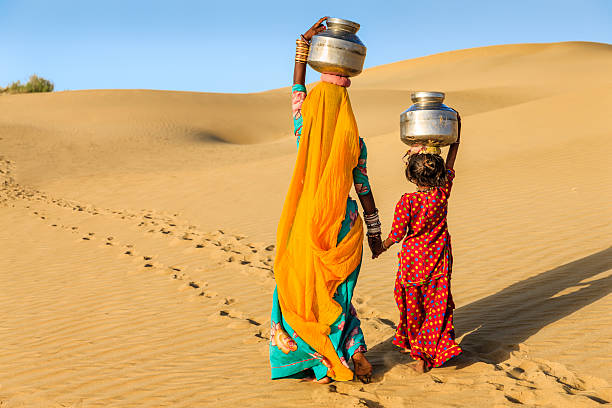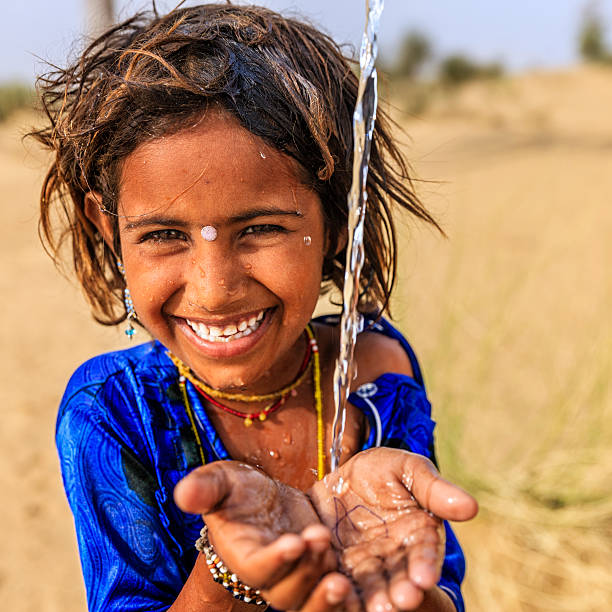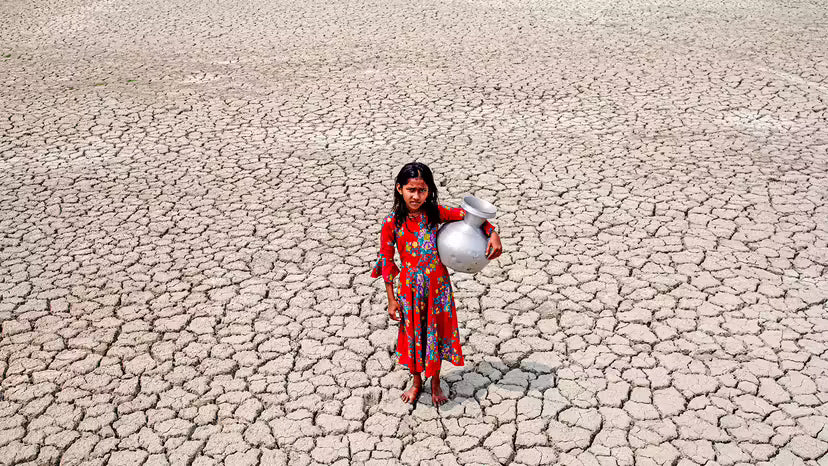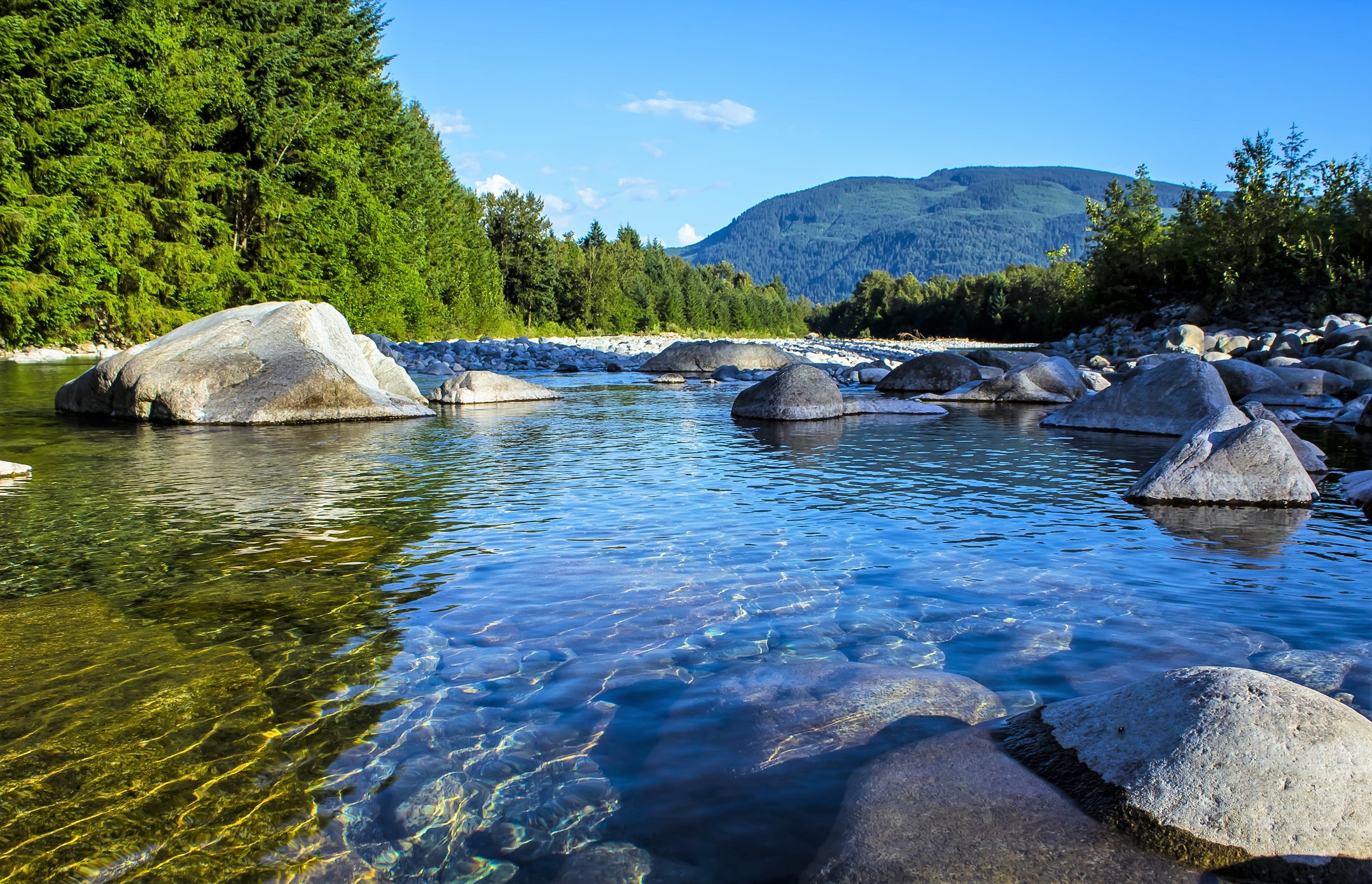
Transforming Lives Through Access to Clean Water
The Water Project provides sustainable water solutions, improving health, education, and economic opportunities for communities in need. Our mission is to ensure the availability and sustainable management of water and sanitation for all, promote healthy lives and well-being for people of all ages, and work towards ending poverty in all its forms.

What is The Water Project?
The Water Project is a non-profit organization dedicated to providing reliable water solutions to communities facing water scarcity. Nearly one billion people lack access to clean, safe water, which equates to 1 in 8 people worldwide. We address this crisis by building sustainable water projects, such as wells, rainwater catchment systems, and sand dams, empowering communities with access to clean and safe drinking water.

What We’re Doing?
- Building Wells: Constructing wells to provide a steady source of clean water, ensuring transparency and accountability through continuous monitoring and maintenance.
- Rainwater Harvesting: Installing systems to capture and store rainwater during dry periods, enhancing water availability.
- Sand Dams: Building sand dams to store water underground, effectively preventing evaporation and contamination.
- Community Training: Educating communities on maintaining their water systems and practicing good hygiene to prevent waterborne diseases.
- Monitoring and Evaluation: Utilizing advanced technology for real-time data collection and continuous monitoring to ensure our projects remain functional and effective.
- Water Promise: Committing to keeping water flowing through dedicated maintenance teams and allocating resources for repairs.










